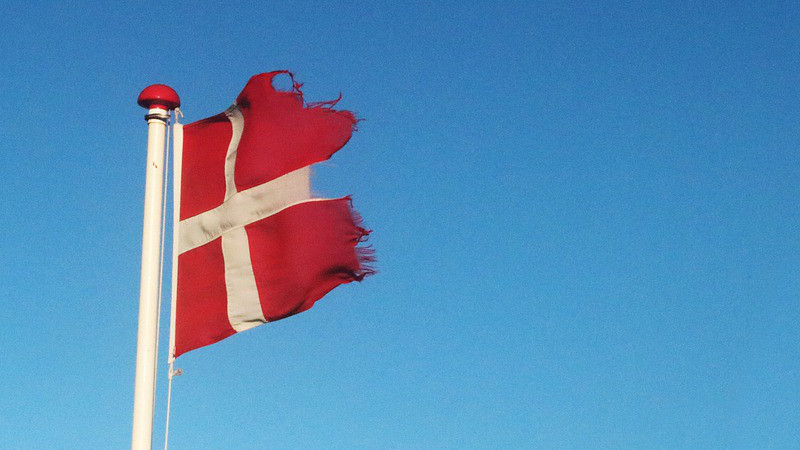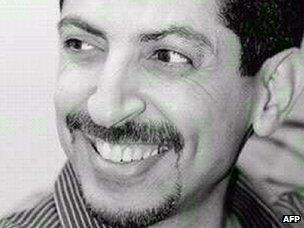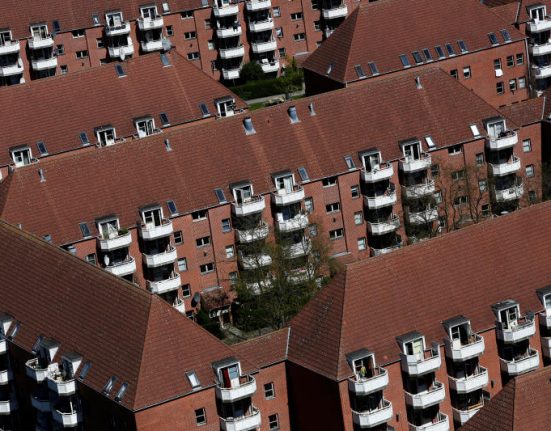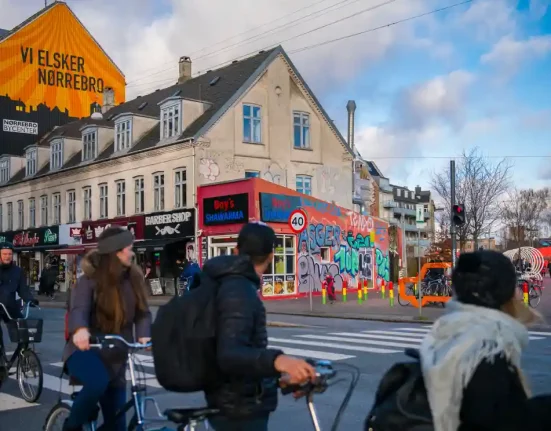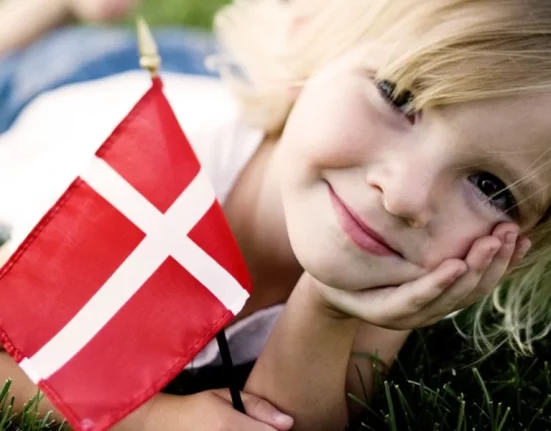The term alone is frightening. Yet it has become an essential political exchange in Denmark. Since 2010, the Danish government has used “ghetto lists” to identify socially dangerous places for the country.
The country’s government introduced “ghetto” regulations in 2018 to further restrict people living in different districts based on their ethnic and cultural backgrounds. The law is the spearhead of the “One Denmark without Parallel Societies – No Ghettos in 2030” program aimed at “non-Western” inhabitants who skew the social ledger by grouping in different metropolitan areas.
The “ghetto package,” which consists of over 20 legislation, gives the government the authority to classify some areas as “ghettos” or “difficult ghettos.” That terrible term is meant to affect town development, considering the number of immigrants and children from “non-Western backgrounds” that live in that region. One Danish news agency referred to the scheme as the “greatest social experiment of the century,” although avoiding the policy’s most disturbing aspects.
The number of people (more than 1,000), a limit of 50 percent “non-Westerners”. If the neighbourhood fits any two of four requirements, including job, education, wealth, and crime, are all taken into account by administrators. Authorities may then evict inhabitants, remove buildings, and change the nature of the neighbourhood.
The initiative is based on reducing the supply of “shared family housing.” It is meant to be open to everybody based on ideals of economy, democratization, and equality by 40% under challenging ghettos by 2030.
The dubious label of “non-Western background” is also an example of harsh governmental policy. The UN Committee on Social, Cultural and Economic Rights (CESCR) and the Council of Europe’s Advisory Committee on the Fundamental Conventions on the Prevention of National Minorities have expressed concern about the discriminatory policy (ACFC).
The CESCR recommended Denmark take “a rights-based approach to its efforts to reduce residential segregation and foster social cohesion” in its final notes on the country’s sixth annual report from 2019. It would include the abolition of terminology like “ghetto” and “non-Western.” It also includes the elimination of laws that discriminate “against refugees, migrants, and inhabitants of ‘ghettos.”
Discrimination and social stigma are promoted rather than reduced. Former lawmaker Özlem Cekic stated that “It is not only created to hit the Muslim groups and immigrant groups but the working class as well. A lot of people in the ‘ghettoes,’ they don’t have economic stability.”
The term “ghetto” will be phased out, and fewer persons from non-Western backgrounds in public housing will be decreased. Cekic stated that “How can you expect [immigrants] to be loyal to a country that doesn’t accept them as they are?”
The “Ghetto Package” in Denmark has serious and alarming effects. It’s more of isolating criteria than an integrating one.
The word “descendants” implies the significance of bloodline, which would have looked reasonable to Nazi Nuremberg Laws drafters. The categorization of Copenhagen as a “difficult ghetto” was only a formality. Mjlnerparken, a housing complex in Nrrebro, became the focus of significant curiosity in how they applied the Ghetto rules.


